

.jpg)
“Abortion should never be a human right”, one speaker said. Counter-protests organised by far-left groups tried to disrupt the march in both countries.
.jpg)
The Italian Evangelical Alliance expresses doubts about the “disproportionate restriction of fundamental freedoms”. Two pastors on the ground also express their doubts.
.jpg)
Us Evangelicals are going to get into more and more trouble throughout Europe in the years ahead. But I hope it is always because God is doing something amazing, not because we were irresponsible.

Costa Rican evangelical leaders gathered to thank God for two hundred years of independent life and to pray for the country.
.jpg)
A resource prepared by the European Evangelical Alliance helps to think through ways in which Christians can engage responsibly with election times.
.jpg)
We need to stand firmly on God’s Word. We need to be prepared to stand out in our culture. If that makes us social lepers, we have got to deal with it. We have got to be braver than we have ever been.
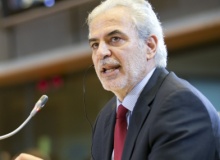
After less than five months, Christos Stylianides left to become the new climate crisis Minister of Greece.

The LGBT lobby in Castellón (Spain) asks the administration to “take actions” against the evangelical church and its social projects. The Spanish Evangelical Alliance condemns the “coercion” of freedom of speech.
.jpg)
The Swiss Evangelical Alliance opposes sperm donation for lesbian couples: “Children have a right to a father and a mother”. Surveys say a majority would vote ‘yes’ on 26 September.
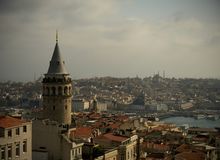
The UN has included the travel bans and deportations of Protestant leaders and the protection of religious minorities in the list of issues to be raised with the Turkish government.
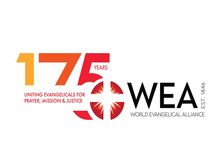
The World Evangelical Alliance commemorates its 175th anniversary, focusing on “the central role of Jesus, the Bible and transforming the world by preaching and practising the gospel”.
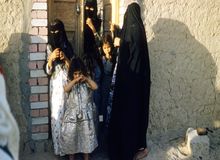
As Christians we cannot ignore the violence against women that is exploding in Afghanistan with the Taliban.

The newly formed World Freedom Network (WFN) will bring together a variety of organizations and experts with a specific focus on how churches can get involved and play a unique role in addressing this issue in their own local contexts.
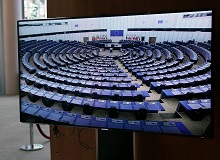
The European Parliament discussed sexual and reproductive health and rights. An analysis by the European Evangelical Alliance representative in Brussels.

“Governments have put a lot of money into developing these vaccines. It's a dilemma with legal, economic, political and ethical aspects. The key would be for pharmaceutical companies to allocate part of their profits to more universal and equitable access to vaccines”.

A study recently launched shows that free churches supported around 180,000 people during the pandemic. “There is no hope stronger than the one we find in Jesus”, they say.
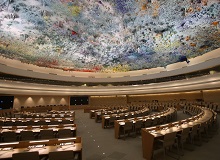
Addressing the Human Rights Council, the UN Expert backs “intersectional gender analysis”. The World Evangelical Alliance says Christians believe “human beings are created male and female” and defends the “freedom to express this belief in the public square”.
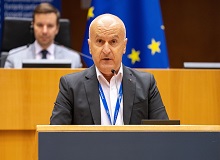
The European Evangelical Alliance had called to reject the report: “Abortion is about the life of the woman but also about the life of the unborn child. Both lives matter”.
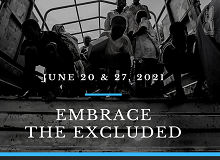
The Refugee Highway Partnership and the WEA encourage churches to “highlight the plight of refugees, pray for and with them and consider unique role churches can play”.
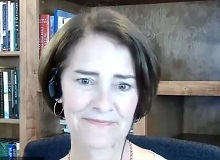
An interview with investigative journalist Julie Roys was one of the items of the Italian Evangelical Alliance annual event.
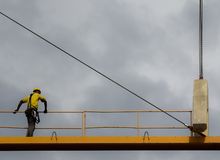
“Youth ministry has to work on areas such as excellence in life, a correct stewardship of time and resources, and a constant dependence on God that generates confidence in economic entrepreneurship”, says Marcos Zapata.

The Infancy Working Group of the Spanish Evangelical Alliance launches a Protocol for Child Protection. “We still have a long way to go”, says Javier Martín.

The 2021 European Evangelical Alliance annual event will be held online (7-10 June). “Our mission requires perspectives and contributions from all spheres of society”.
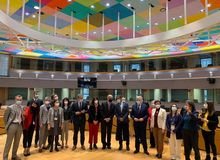
The European Commission committed to mobilising at least €100 million to make tests more affordable, while EU countries will not impose additional travel restrictions.
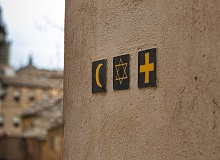
The German Evangelical Alliance reacts to antisemitic attacks observed in some pro-Palestinian protests. The Interior Minister vows to combat religious-motivated attacks with “the full force of the law”.

Las opiniones vertidas por nuestros colaboradores se realizan a nivel personal, pudiendo coincidir o no con la postura de la dirección de Protestante Digital.